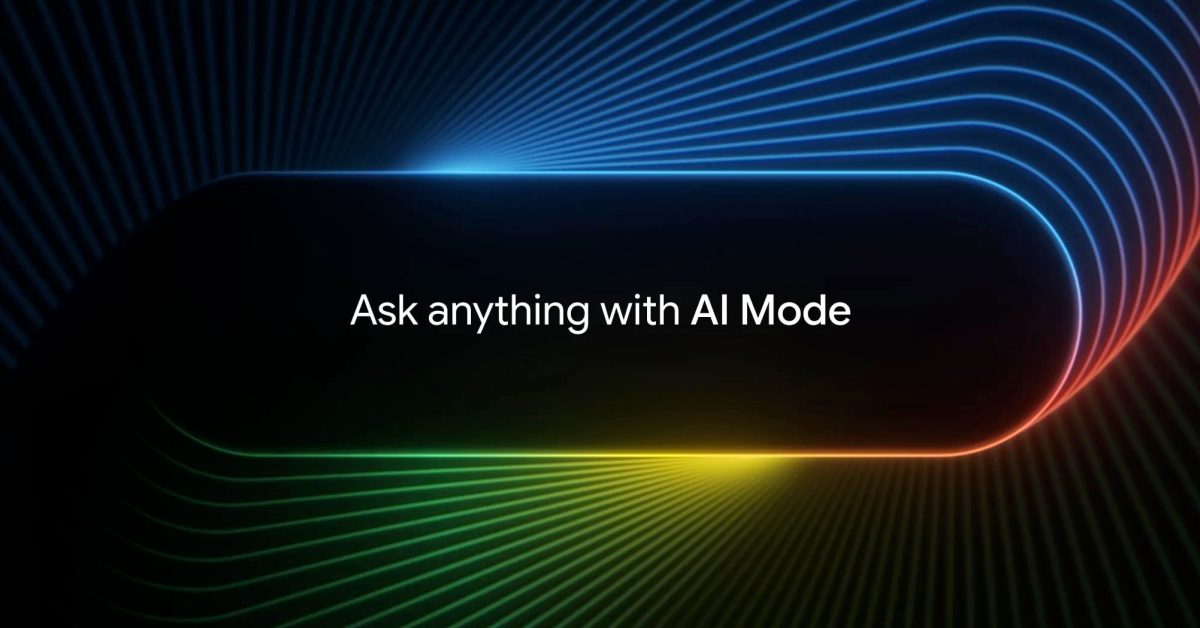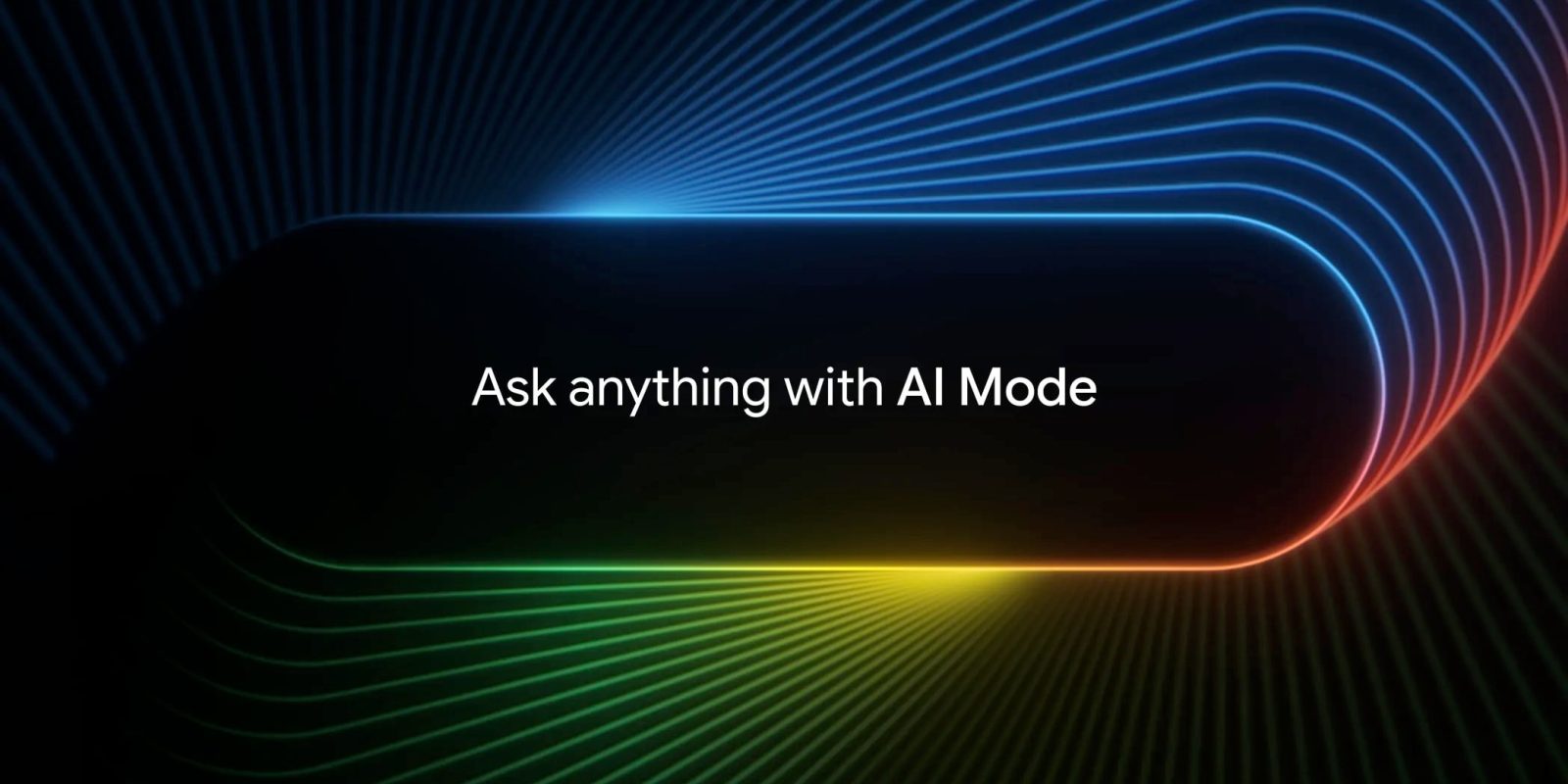

The AI takeover of Search is in full swing, especially as Google’s new AI Mode is going live for all US users. But for publishers, this continues the existential crisis around how Google Search is changing, with a new statement calling AI Mode “the definition of theft” while legal documents reveal that Google did consider opt out controls that ultimately weren’t implemented.
In a statement earlier this week, the News/Media Alliance slammed Google for “further depriving publishers of original content both traffic and revenue.” The full statement reads:
Links were the last redeeming quality of search that gave publishers traffic and revenue. Now Google just takes content by force and uses it with no return, the definition of theft. The DOJ remedies must address this to prevent continued domination of the internet by one company.
This comes right as new documents revealed that Google had weighed out several options regarding allowing publishers to opt out of “SGE” – what ultimately became AI Overviews – but decided against these options (via Bloomberg).
Google’s options range from making no changes whatsoever to publisher controls, to explicit separation between Google’s AI tools and the rest of Search, something the company called a “hard red line,” implying that option was never being considered.
As it stands today, publishers are unable to opt out of Google’s AI tools without effectively opting out of Search as a whole. Google considers this “Option 2,” where publishers can limit how often their content is used for AI results by opting out of traditional “snippets,” which don’t appear as often with the rise of AI Overviews anyway.
The documents distinctly show that Google chose not to announce any of this publicly and avoid saying that making changes opts publishers out of seeing their work used for training data.
Google, speaking to Bloomberg regarding these documents, said:
Publishers have always controlled how their content is made available to Google as AI models have been built into Search for many years, helping surface relevant sites and driving traffic to them. This document is an early-stage list of options in an evolving space and doesn’t reflect feasibility or actual decisions.
9to5Google’s Take
It’s not hard to see why Google went the route that it did here. Giving publishers the ability to opt out of AI products while still benefiting from Search would ultimately make Google’s flashy new tools useless if enough sites made the switch. It was very much a move in the interest of building a better product.
Does that change anything regarding how Google’s AI products in Search cause potential harm to the publishing industry?
Nope.
Google’s tools continue to serve the company and its users (mostly) well, but as they continue to bleed publishers dry, those publishers are on the verge of vanishing or, arguably worse, turning to cheap and poorly produced content just to get enough views to survive. This is a problem Google needs to address, as it’s making the internet as a whole worse for everyone.
More on Google Search:
- Google expands AI Mode to all with Gmail integration and real-time camera access
- Google teases new homepage with Discover news stories and ‘At a glance’ widgets
- Google’s AI Mode will soon do the ‘tedious’ part of search for you in the background [Video]
Follow Ben: Twitter/X, Threads, Bluesky, and Instagram
Add 9to5Google to your Google News feed.
FTC: We use income earning auto affiliate links. More.

What’s your reaction?
Love0
Sad0
Happy0
Sleepy0
Angry0
Dead0
Wink0










Leave a Reply
View Comments